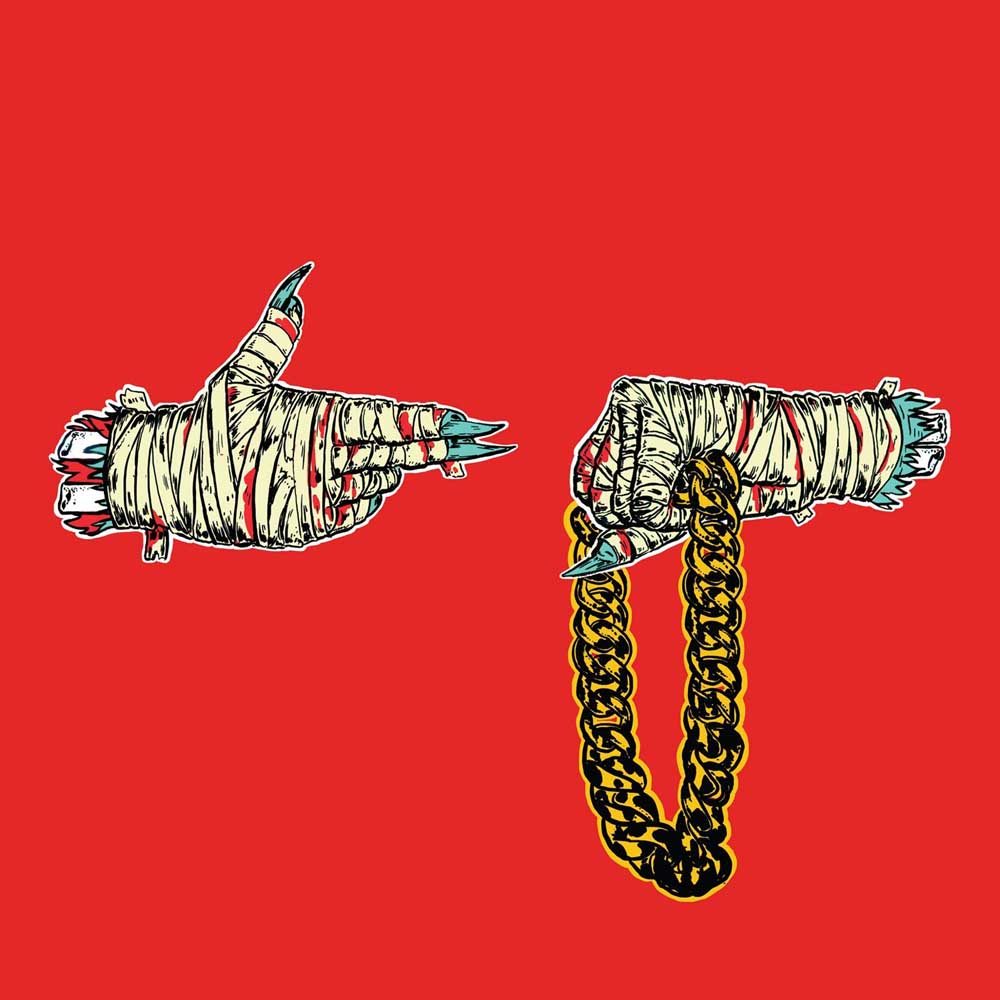Album reviews
Published 12:00 am Friday, November 7, 2014

- Run the Jewels, "Run the Jewels 2"
Jerry Lee Lewis
“ROCK AND ROLL TIME”
Vanguard Records
Jerry Lee Lewis’ “Rock & Roll Time” sounds like an after-hours session with famous friends, vintage guitars and a half-planned set list. Why not? Jerry Lee Lewis is a rebel, an authentic person; let him make an authentic record. Free him from restrictions!
It isn’t that simple anymore, if it ever was. A lot of great Southern singers from the 1950s and ’60s have made late-career records like this over the past 20 years, and gradually, authenticity has become artifice like anything else, a direct route to a Grammy Award. This one — timed for simultaneous release with “Jerry Lee Lewis: His Own Story,” an authorized biography by Rick Bragg — is roughly in the same line as Lewis’ last two studio albums, “Last Man Standing” (2006) and “Mean Old Man” (2010), and some of it comes from the same sessions.
Those earlier records set up Lewis in duets with famous people. A few of those same people, including Keith Richards and Neil Young, are here again, but in secondary roles, rougher and more anonymous. You could hear this album’s version of Jimmy Reed’s “Bright Lights, Big City” and not know that Young played the guitar solo and sang harmony on it — or, for that matter, that Ivan Neville played organ on it. That’s an anti-contrivance and almost a concept, though it isn’t seen through; the lineup changes for each track, and sometimes the famous guests (Derek Trucks, Shelby Lynne) are easily recognizable.
The repertory? A couple of Kris Kristofferson songs, one rebellious and one sentimental; a blues number written by Bob Dylan (“Stepchild”); and several three-chord blues and rock standards, including Chuck Berry’s “Little Queenie” and “Promised Land.”
On all of them, Lewis sounds peaceful, steady-rolling; this is as easy for him as falling off a log. What’s missing is the thing he’s great at: creating a feeling of surprise or danger. That comes through on a different record, “The Knox Phillips Sessions,” taken from unreleased demo tapes recorded in the late ’70s and released last month by Time-Life Music; on it, Lewis is hoarse-voiced, inventive, powerful. It also comes through when he performs, and you should see him while you can.
— Ben Ratliff, New York Times
Run the Jewels
“RUN THE JEWELS 2”
Mass Appeal Records
Run the Jewels is the team of two indie titans, El-P and Killer Mike, who have upended convention by remaining idealistically true, artistically adventurous and creatively emboldened well into their second decade as rapper-producers. The pair’s second album, released as a free download last week, proves it 11 times over.
As smart as it is sonically imaginative and unpredictable, “Run the Jewels 2” proves the team’s debut was less a fluke than a portent. Headphone rap of the highest order, tracks on this sequel hum and groove, laced with texture and hidden sonic accents. Psychedelic jams — but not in the hippie sense — including “Close Your Eyes (And Count to F–k)” and “Lie, Cheat, Steal” are both trippy and menacing, the product of two rappers whose understanding of cadence, phrasing and language as syllabic percussion is often awe-inspiring.
“Crown” features a dark, minimal beat that propels an indictment of the military-industrial complex. Taking aim at politicians, El-P raps of soldiers as “the smoldering vessel of punishment born to do nothing but justify us/ Give us your empathy we’ll give you lust.” Such skills permeate “Run the Jewels 2.” The flaw? Lots of multidimensional, otherwise complex dudes rapping about women, but just the one featured female MC, Gangsta Boo, delivering a one-dimensional verse about getting paid and pleasing her man.
ON TOUR: Nov. 15 — Hawthorne Theatre, Portland; www.hawthornetheatre.com
— Randall Roberts, Los Angeles Times
Yusuf
“TELL ’EM I’M GONE”
Legacy Recordings
For his first studio effort in five years, Yusuf, the British singer-songwriter known best as Cat Stevens, tackles a mess of soul, blues, and folk originals and classics. His collaborators include co-producer Rick Rubin, harmonicat Charlie Musselwhite, Tuareg rockers Tinariwen and guitarist Richard Thompson.
In spots, the results sound surprisingly rougher and blunter than we’re used to hearing from Yusuf’s lilting voice, quavering melodies and holistic profundity. It’s not as though those aforementioned qualities aren’t there on originals “I Was Raised in Babylon” and “Editing Floor Blues.” Peace, freedom and promise are still a part of his kit bag, witness “Cat and the Dog Trap” and “Doors.” Those qualities now come across as sauntering, stewing and imbued with as much of the spirit of vintage R&B as they are Yusuf’s gods.
Rubin’s hollow-bodied tone gives Yusuf’s inviting voice breathing room on smoky, chugging versions of Luther Dixon’s brassy “Big Boss Man” and “You Are My Sunshine” (reminiscent of Ray Charles’ 1962 take). The revelation comes in Edgar Winter’s “Dying to Live.” The soulful but despairing look at “beauty in distortion” and “humor in misfortune” from Winter, rarely acknowledged for dynamic songwriting, gets a ray of hope throughout Yusuf’s haunting version.
— A.D. Amorosi, The Philadelphia Inquirer






